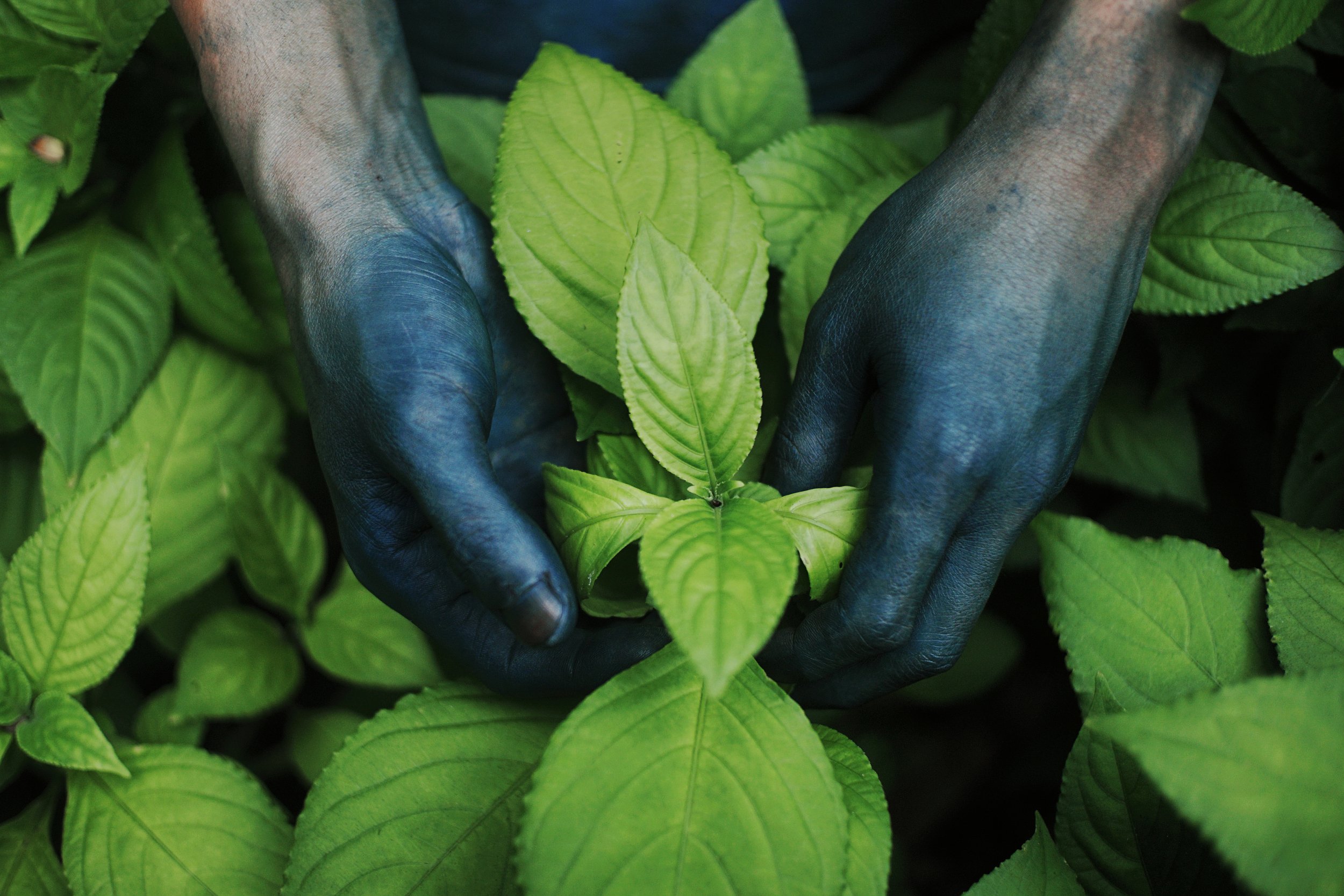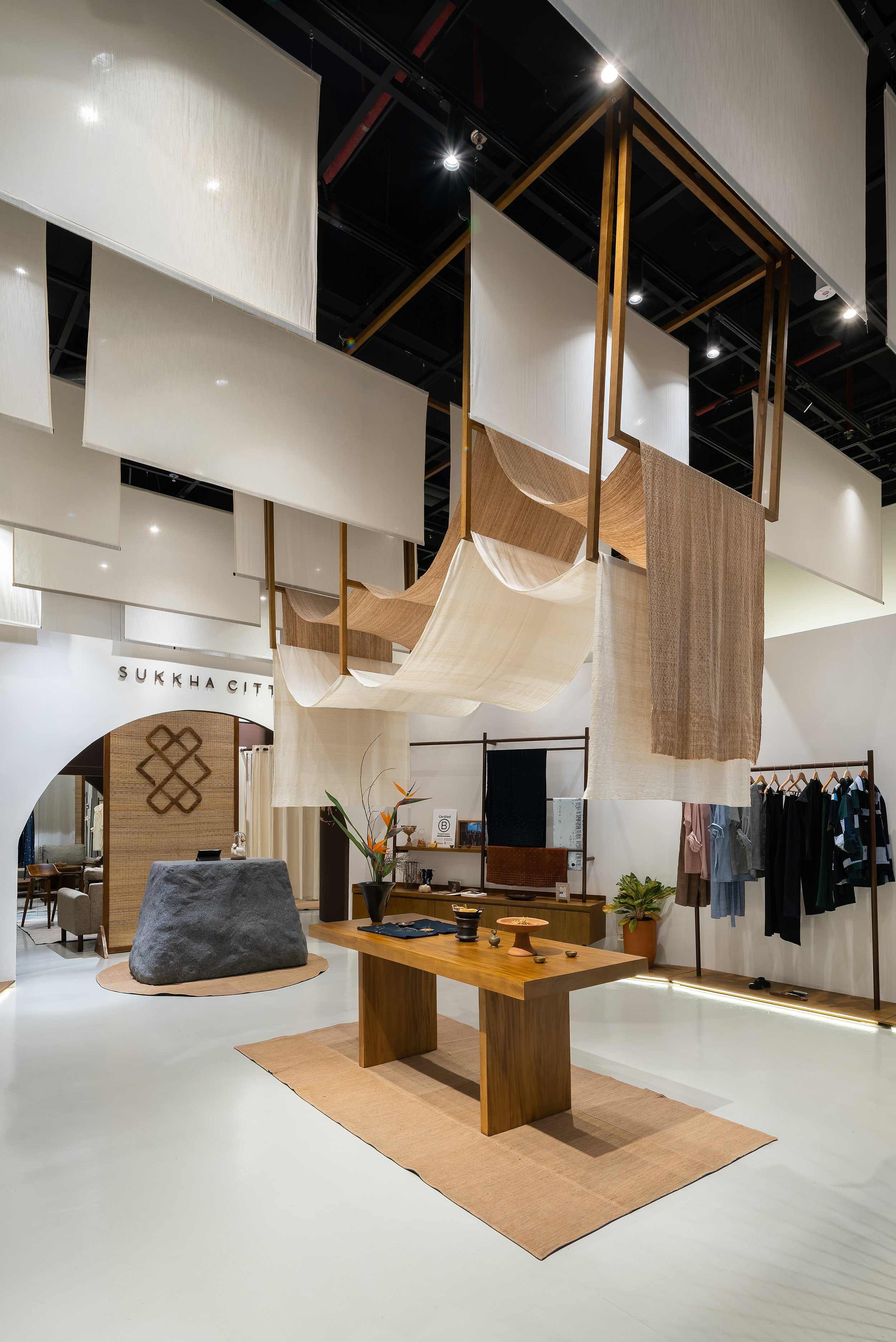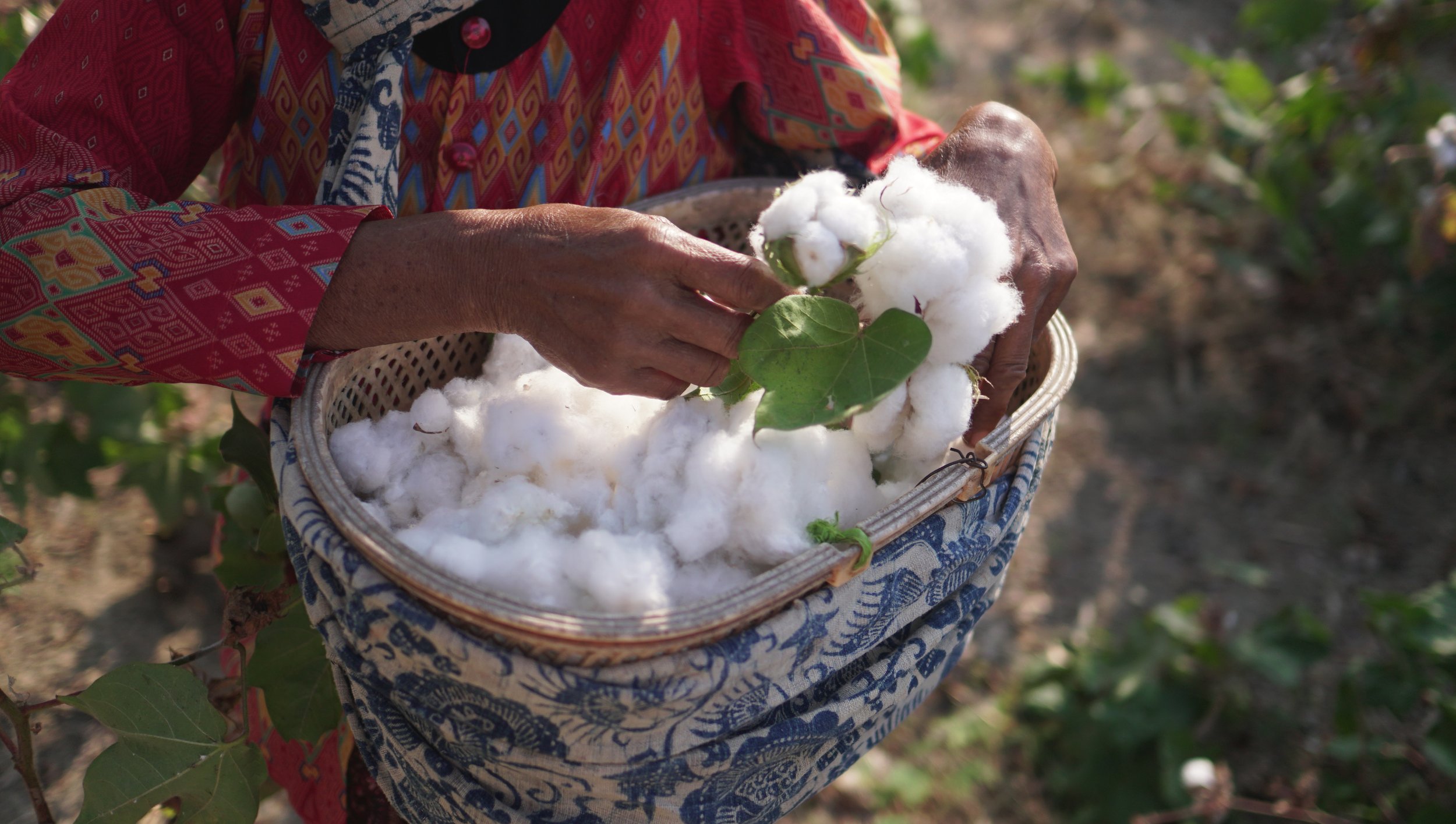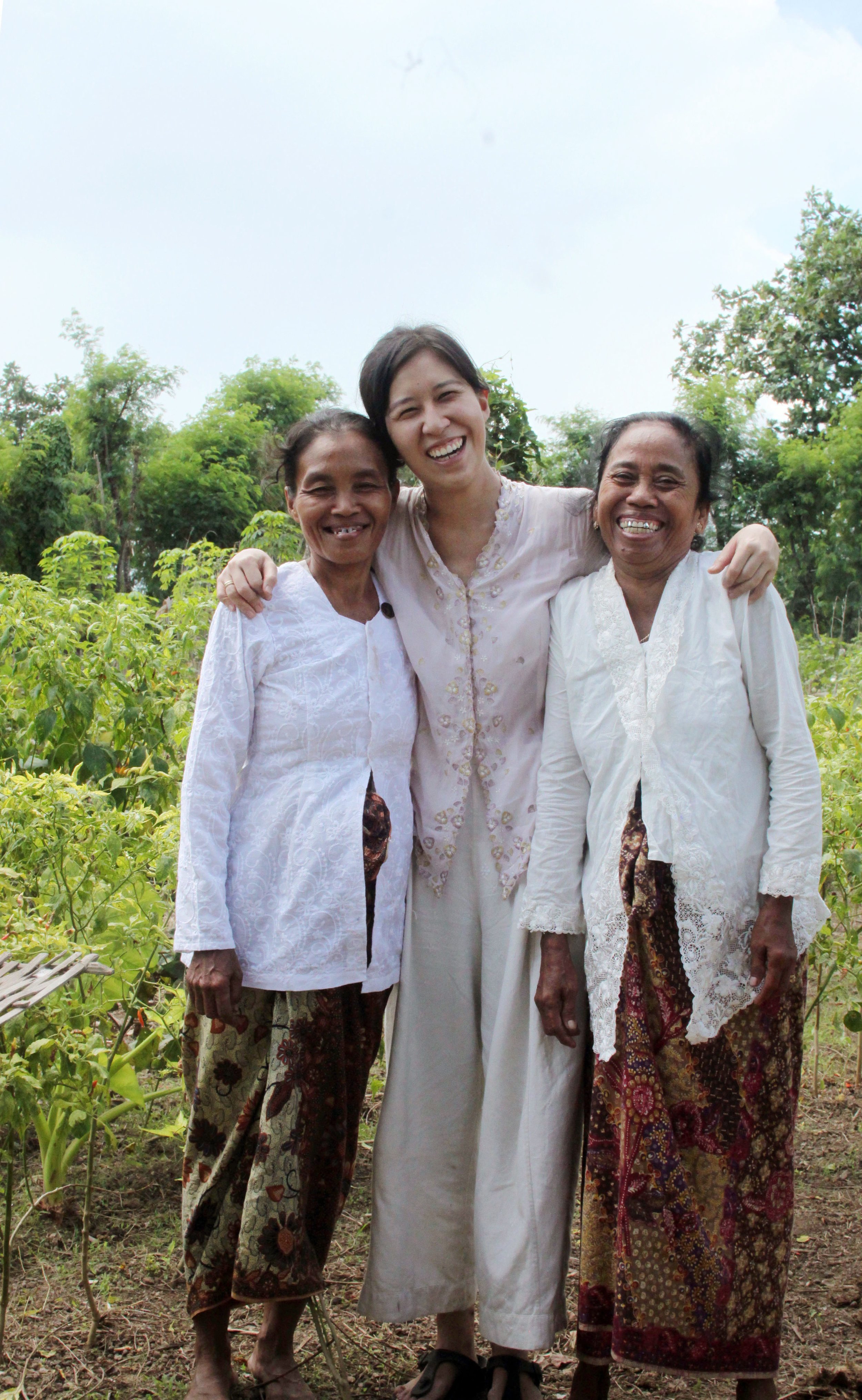SukkhaCitta on rediscovering Indigenous regenerative farming and dyeing techniques & challenging the status quo
In episode 292, Kestrel welcomes Denica Riadini-Flesch, a development economist and the director at SukkhaCitta, to the show. A social enterprise started in 2016, Sukkha Citta works to give women in rural Indonesia fair access to education and market.
“We have grown this company, this mission, these projects on the ground with that mindset that we want to build a model for change. So, we are not here to grow and make the most profits or be the best company in the market, you know, but it’s really a very different mindset. We’re here to connect consumers with the full story of how and why something was made.”
-Denica
One aspect of the complex and opaque fashion supply chain that is often overlooked is the number of homeworkers that are an integral part of making our clothes today.
I was reaching for some sort of statistic, and that led me to Nest’s website – where they outline that upwards of 300 million people around the world work from home, engaged in primarily craft-based handwork. They are predominantly women, often invisible and without social protections.
This week’s guest, a trained economist, saw this firsthand when she returned to her home country of Indonesia and was working as a social development consultant. This work took her to villages across the country, where she saw women literally making things with their hands from their homes.
She even spoke to a woman who was dyeing garments in her home – she had been given toxic dyes to use and was feeling the harmful health effects of it directly, not only on her lungs but also on her surrounding environment, when the dye would be dumped in the nearby river, where her children would play.
These experiences led her to realize that it could be possible to make clothes in a different way – where regeneration is actually central to the process. And maybe the status quo could actually no longer be the status quo!
From working with women farmers to rediscover the regenerative farming techniques of their ancestors to finding ways to use natural and upcycled food waste dyes, this week’s guest is constantly asking more questions, seeking new solutions, and listening – to unearth the Indigenous knowledge that can help us reimagine what fashion can look like today.
It’s undeniable that she’s advocating – through action – to challenge the status quo.
Quotes & links from the conversation:
Episode 284 with Angel Chang (Kestrel mentions it in the intro)
“Then we completely gave her the freedom to design the farm according to her memory of how her grandmother used to do it. So, she planted 20 different crops in the farm — one of them is cotton, but she also planted chiles, she also planted cloves and all these trees. And now, I learned that all these things that she was planting by memory is actually really what is being known globally as regenerative farming … and that was so mind-blowing to me — like literally, this Ibu, this woman, is planting by memory.” -Denica (29:08)
“Through this work, I’ve come to realize that you can grow in a different way.” -Denica (48:16)
“The new generation of companies should think about how we can grow with less.” -Denica (50:41)











